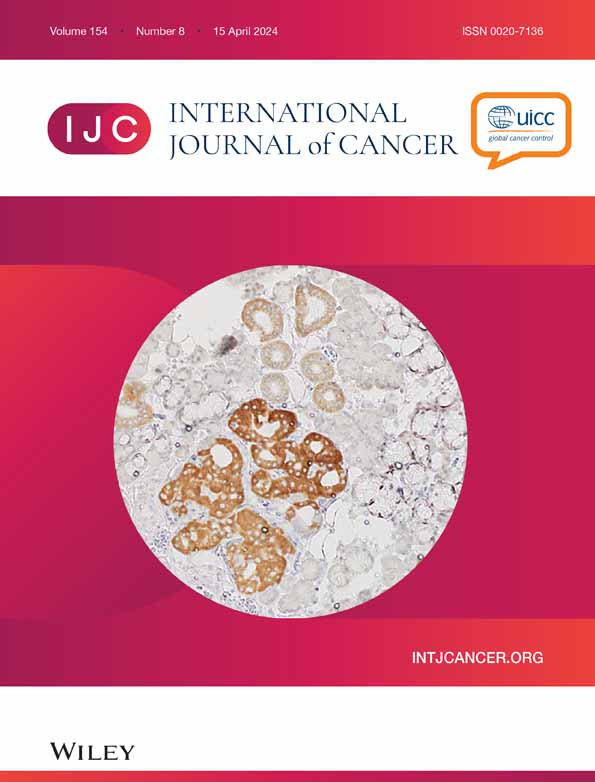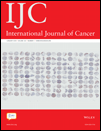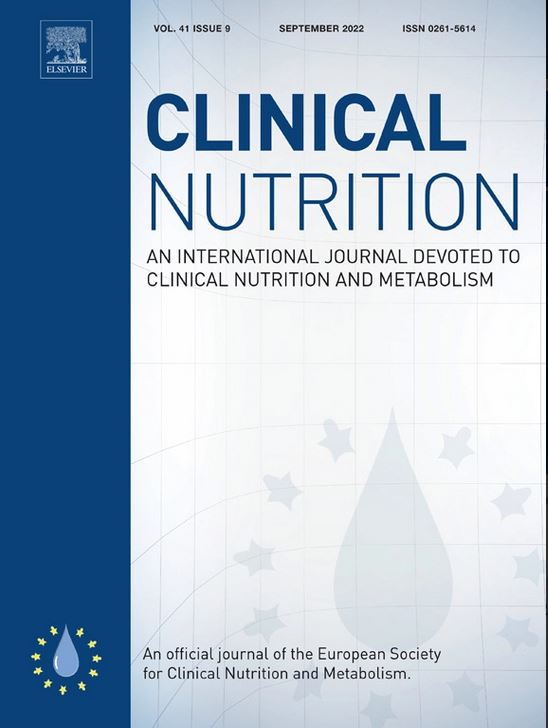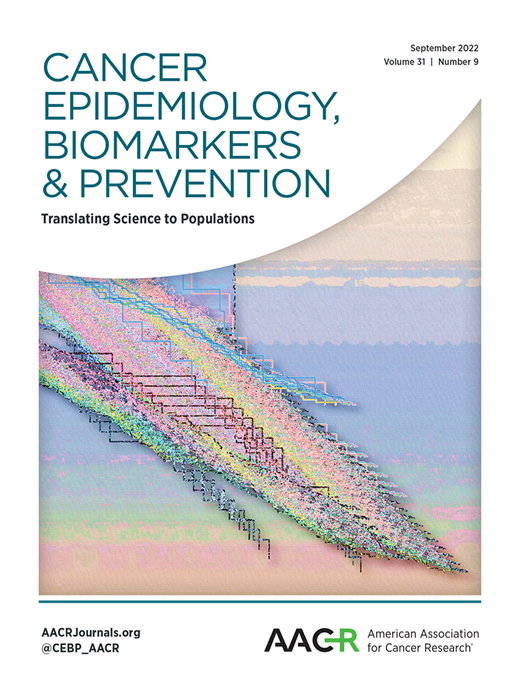Circulating free insulin-like growth factor-I and prostate cancer: a case-control study nested in the European prospective investigation into cancer and nutrition
Background Circulating total insulin-like growth factor-I (IGF-I) is an established risk factor for prostate cancer. However, only a small proportion of circulating IGF-I is free or readily dissociable from IGF-binding proteins (its bioavailable form), and few studies have investigated the association of circulating free IGF-I with prostate cancer risk. Methods We analyzed data from 767…












